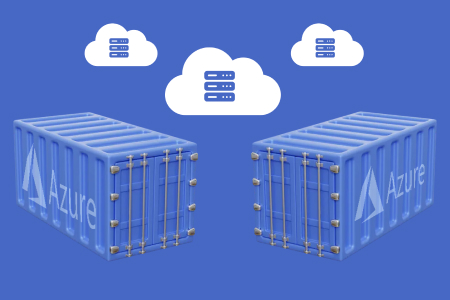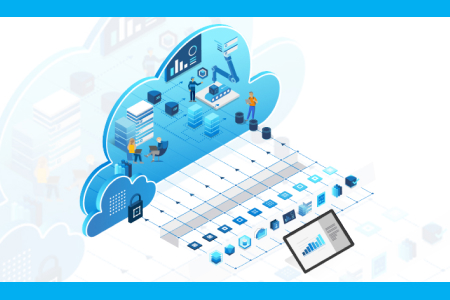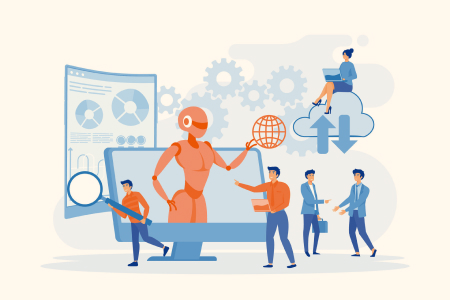Containerization has become a cornerstone in modern software development, offering a lightweight and efficient solution for deploying and managing applications. In this article, we’ll explore how you can maximize your containerization efficiency to optimize your development and deployment processes.
Decoding Containerization Efficiency: Lightweight, Portable Software Solutions
Before delving into optimization techniques, let’s briefly understand what containerization efficiency entails. Containers are lightweight, standalone, and portable packages that encapsulate software and its dependencies. They provide a consistent runtime environment across different computing environments, making it easier to deploy and scale applications.
Benefits of Containerization Efficiency
Containerization efficiency offers several benefits, including:
Portability
Containers can run on any platform that supports containerization, regardless of underlying infrastructure. This portability enables developers to build once and run anywhere, simplifying deployment across different environments.
Isolation
Containers provide process isolation, ensuring that applications run independently of each other. This isolation prevents conflicts between applications and enhances security by limiting the impact of potential vulnerabilities.
Efficiency
Containers are lightweight and have low overhead, allowing for efficient resource utilization. They can be quickly started, stopped, and scaled, making them ideal for dynamic workloads and microservices architectures.
Maximizing Containerization Efficiency
To maximize your containerization efficiency, consider the following strategies:
Optimize Container Images
Start by optimizing your container images to reduce size and improve performance. Use multi-stage builds, minimize dependencies, and leverage base images to create lean and efficient containers.
Implement Container Orchestration
Container orchestration platforms like Kubernetes provide powerful tools for managing containerized applications at scale. They automate tasks such as deployment, scaling, and load balancing, streamlining operations and improving efficiency.
Use Microservices Architecture
Adopting a microservices architecture allows you to break down monolithic applications into smaller, more manageable services. This modular approach enables independent development, deployment, and scaling of individual components, leading to greater flexibility and agility.
Monitor and Analyze Performance
Monitor your containerized applications to identify performance bottlenecks and optimize resource usage. Use tools like Prometheus and Grafana to collect metrics, analyze trends, and proactively address issues before they impact production.
Automate CI/CD Pipelines
Automate your continuous integration and continuous deployment (CI/CD) pipelines to streamline the delivery process. Use tools like Jenkins, GitLab CI, or GitHub Actions to automate testing, building, and deploying containers, reducing manual overhead and accelerating time-to-market.
Implement Infrastructure as Code (IaC)
Use infrastructure as code (IaC) tools like Terraform or Ansible to define and manage your container infrastructure. This approach allows you to provision and configure resources programmatically, ensuring consistency and reproducibility across environments.
Conclusion
Containerization efficiency offers a powerful solution for deploying and managing applications in modern IT environments. By maximizing your containerization efficiency through optimization techniques, orchestration, microservices architecture, monitoring, automation, and infrastructure as code, you can streamline your development and deployment processes, improve resource utilization, and achieve greater agility and scalability.
Frequently Asked Questions
What is containerization?
Containerization is a lightweight and efficient method of packaging and deploying applications, along with their dependencies, in a portable and consistent runtime environment.
What are the benefits of containerization?
Containerization offers benefits such as portability, isolation, and efficiency. It enables developers to build once and run anywhere, ensures application independence and security, and optimizes resource utilization.
How can I optimize container images?
You can optimize container images by using multi-stage builds, minimizing dependencies, and leveraging base images. This helps reduce image size and improve performance.
What is container orchestration?
Container orchestration is the automated management of containerized applications at scale. It includes tasks such as deployment, scaling, and load balancing, and is often facilitated by platforms like Kubernetes.
Why is monitoring important in containerized environments?
Monitoring allows you to identify performance bottlenecks, optimize resource usage, and proactively address issues before they impact production. It provides insights into application health, availability, and performance metrics.












